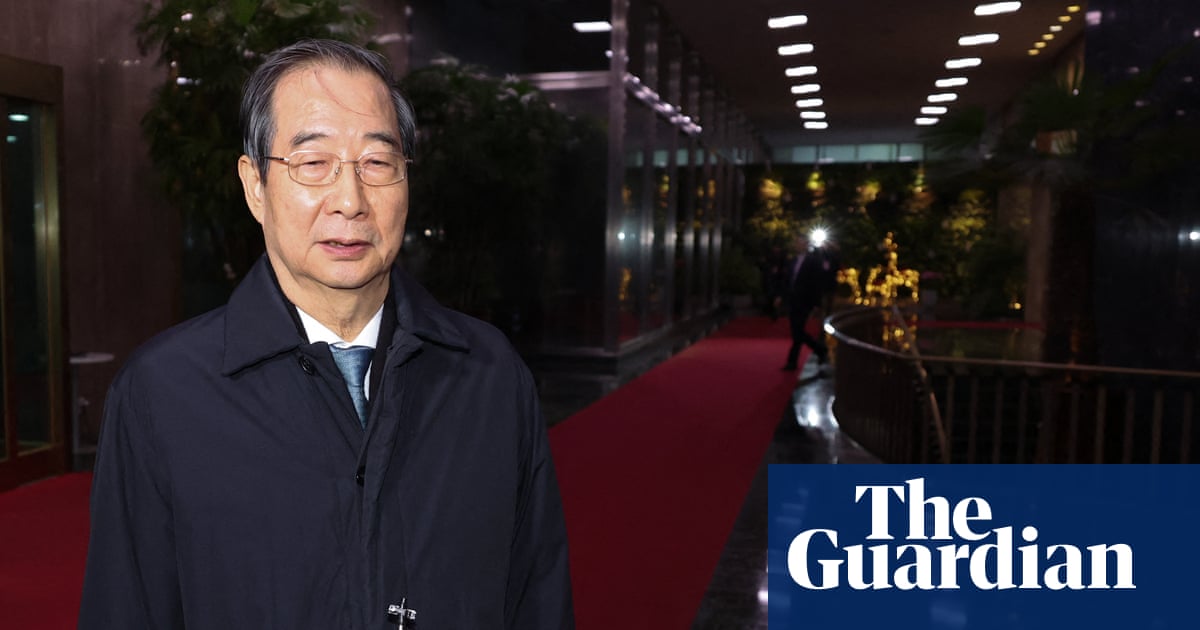 |
|
The political landscape of South Korea is currently embroiled in a tumultuous crisis, marked by repeated attempts at impeachment and a precarious constitutional court process. The saga began with the controversial imposition of martial law by then-President Yoon Suk Yeol on December 3rd, triggering a clash between lawmakers and military personnel within the national assembly. This action, perceived by many as a dangerous overreach, sparked a chain of events that continues to destabilize the nation. The initial attempt to impeach Yoon failed due to a boycott by his own party, but a subsequent vote, bolstered by opposition members and a surprising number of defections from Yoon's People Power party, successfully removed him from office. The consequences of this action are still unfolding, shaking the foundations of South Korean democracy and raising significant concerns among international allies.
The removal of Yoon, however, did not bring stability. His successor, acting President Han Duck-soo, met a similar fate just two weeks later, impeached on charges related to his alleged involvement in what opposition MPs termed Yoon’s “insurrection.” This rapid succession of impeachments underscores the deep divisions within the South Korean political system and the fragility of the democratic process in the face of such profound ideological conflicts. The swift removal of Han, who had previously served as prime minister, further highlights the severity of the political crisis. The finance minister, Choi Sang-mok, has now assumed the role of acting president, leaving South Korea in a state of considerable political uncertainty.
The focus now shifts to the constitutional court, a body whose decisions will ultimately determine the future of the country's leadership. The court’s role is critical, as it must review the parliament’s impeachment votes and render a final decision. In normal circumstances, six out of nine justices must approve the impeachment for it to be valid, triggering a presidential election within 60 days. However, the current situation is far from normal. The court is currently comprised of only six justices due to vacancies created by the departure of three justices in October. This unusual composition significantly alters the dynamics of the decision-making process, making the outcome even more uncertain.
The reduced number of justices raises the stakes dramatically. While the swift appointment of new justices could lead to a higher likelihood of Yoon being found guilty—requiring only a majority vote—the failure to appoint replacements would necessitate a unanimous decision among the current six justices for Yoon's removal. A single dissenting vote would reinstate him to power, exacerbating the existing political instability. The precarious nature of the court's composition, coupled with the ongoing criminal investigation into Yoon and his associates, adds another layer of complexity to the already volatile situation. The actions and inaction of the constitutional court are being closely watched, not only by the South Korean people but also by international observers concerned about the state of democracy in the region.
The ongoing political turmoil has far-reaching implications for South Korea's domestic stability and its international standing. The intense public demonstrations, with citizens enduring freezing temperatures to voice their concerns, highlight the deep level of public anxiety and the desperate need for a resolution. The impeachment saga represents a serious challenge to the country's democratic institutions, exposing vulnerabilities in the system and raising questions about the rule of law. The actions—or inaction—of the constitutional court will likely determine whether South Korea can navigate this crisis and return to a semblance of political stability, or whether it will continue its descent into further turmoil.
The situation is complicated by the lack of bipartisan agreement on the appointment of new justices. Acting President Han's refusal to approve opposition-backed nominees, citing the need for bipartisan consensus, proved to be a pivotal factor leading to his impeachment. This highlights the deep partisan divide that continues to cripple attempts to resolve the political crisis. The coming weeks are likely to be just as tumultuous as the past month, as the constitutional court deliberates while the criminal investigation progresses and the citizens continue to demand stability. The effectiveness of South Korea’s legal system will be tested as its senior legal minds attempt to restore order amid a political maelstrom. Ultimately, the resolution of this crisis will depend on whether the constitutional court can provide a decisive and legitimate resolution that respects the rule of law and the democratic process, and whether the political leaders can find common ground to resolve their fundamental disagreements and work toward stability for the nation.
Source: Focus returns to constitutional court in South Korea’s parliamentary saga
